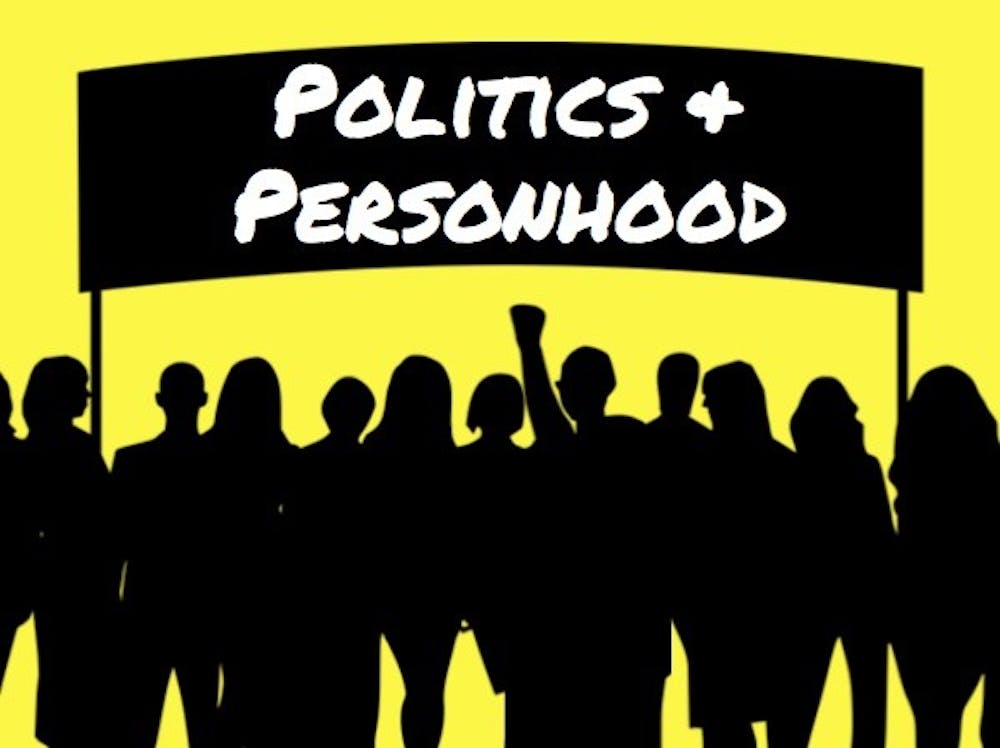Fresh off of acquittal in his impeachment trial, Donald Trump has returned vivaciously to what he has spent the majority of his presidency doing: targeting America’s most vulnerable. Whether it be implementing tax cuts that reduced financial strain for only the wealthy or cutting spending for safety net programs, Trump aims to make America’s poorest citizens' lives considerably harder.
A few weeks ago, Trump introduced the proposed federal budget, which would further reduce not only food stamps, but many other federal safety nets, such as Medicaid and affordable housing. Although the budget will likely not be approved by Congress, his efforts to make the poor struggle even more are reprehensible.
Already, the Trump administration has proposed several rules that will make deep cuts to food stamps. The first of these rules, approved in December, introduced strict work requirements that are expected to cut seven hundred thousand people off of food stamps.
Admittedly, our government spends an atrocious amount of money. The debt is 23 trillion dollars and rising and we are expected to run a deficit of 1 trillion dollars annually over the next decade. But how is the 4.5 billion dollars that we will save over the next five years -- trivial in comparison -- pushing us away from that crisis?
It seems that our government takes every opportunity available to show us that the needs of low-income Americans are simply not a priority for them. And when trying to justify its actions, the administration argues that too many people have become dependent on SNAP benefits and it wishes to encourage economic mobility and jobs.
However, what it doesn't realize is that too many people in America are barely scraping by.
Food stamps, or SNAP, provide a monthly food budget for low-income families. The program that most see as a last resort apparently looks to the president like an elaborate scheme designed to rob the federal government.
Indeed, Trump has tricked us into thinking that food stamps are an extreme privilege that excuse the poor from working. In truth, however, the billionaire likely has little sympathy for the difficulty that revolves around a mode of survival dependent on food stamps.
The problem is not that food stamp recipients are all just lazy and refuse to work. There are many scenarios that can contribute to financial difficulty. Working a minimum-wage full-time job cannot even pay for a two-bedroom apartment, let alone provide for an entire family. The amount of money available to recipients of food stamps lowers as the family's income increases, as the program is designed for dire assistance, not a lifestyle.
Also, over half of the recipients of SNAP are children. Nobody wants to reach a financial position that leaves feeding their children a near impossibility, but the reality that many Americans are in that situation must be acknowledged. And with food stamps, we can greatly assist them.
Food stamps pay for food. Families still have to scrounge for diapers, feminine hygiene products, clothes, shoes, electricity bills, insurance bills, car payments, mortgages and rent and much more. Sparing these families a few hundred dollars monthly to ease the burden on their backs is not only morally right, but financially feasible.
Millions of hard-working, struggling Americans face the risk of losing their food stamps, all at the direction of a billionaire who has never come close to facing that struggle.
Enjoy what you're reading?
Signup for our newsletter
Contact columnist Reda Ansar at reda.ansar@richmond.edu.
Support independent student media
You can make a tax-deductible donation by clicking the button below, which takes you to our secure PayPal account. The page is set up to receive contributions in whatever amount you designate. We look forward to using the money we raise to further our mission of providing honest and accurate information to students, faculty, staff, alumni and others in the general public.
Donate Now



